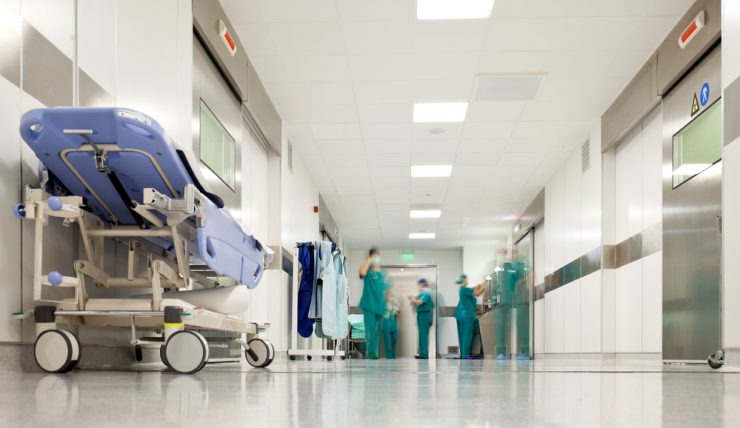This is an atypical disease affecting children and causes fever and inflammation in them. Those below five years of age especially boys are likely to suffer from this condition. It is also called as mucocutaneous lymphnode syndrome and was detected for the first time in 1967 by a Japanese physician named Tomisaku Kawasaki. The disease is difficult to be identified as it features a series of symptoms related to flu. The precise cause is yet unknown.
Symptoms
The symptoms are grouped into three phases:
Phase one – acute ( first 11 days) – The symptoms are of abrupt origin and includes fever, sore throat, conjunctivitis, dry, cracked lips, blotchy rashes, strawberry tongue and swollen lymph glands.
Second phase – sub-acute (from 12th to 21st days) – the symptoms are not severe but persists for a longer duration. Though fever is markedly low, the child will have pain and is often irritated. Chances to develop complication is more in this phase and the symptoms include diarrhoea of varying intensity, flaking skin from fingers and toes, vomiting sensation, pain in the abdomen, loss of appetite, pain and swelling of joints and jaundice .
Third phase – convalescent (from 22nd -60th day) – this is actually a recovery phase. There are minimal symptoms but there are possibilities for complications to develop.
Causes
The precise cause is yet unclear. The features are similar to those caused by a viral organism. This disease however won’t spread from one person to another. A possible theory suggests it as a peculiar response to an attack by a common virus. Another suggested possibility is of an auto immune disorder.
Treatment
This disease requires prompt medical intervention such as grave complications can be avoided. The early the condition is detected and treatment initiated, the more is the possibility to prevent complications. Aspirin and gamma globulins are the two widely used drugs found to be effective.
The major function of aspirin is to prevent formation of blood clots particularly in the circulating blood. The drug is also capable of treating high temperature, inflammation and rashes. An elevated dosage of aspirin may be required in this case and need to be administered for over six weeks.
Gammaglobulin chiefly contain antibodies and is administered intravenously. Once it is administered, improvement is evident within 24 hours. The child needs lot of water to prevent dehydration.
Support groups:
The Kawasaki syndrome support group can help you with suggestions and even provides you contact information of parents having children with this illness.
Complications
Aneurysm is a potential complication. It is the weakening and protrusion of an artery section following an inflammatory response. Cardiac complications include
- myocarditis – an inflammatory condition of cardiac muscles
- pericarditis – an inflammatory response of outer cardiac layer
- cardiomegaly – a condition in which heart is enlarged
- arrhythmia – altered heart rhythm
Anticoagulant medicines, Coronary artery angioplasty and stent placement are the common treatments indicated in this case.











